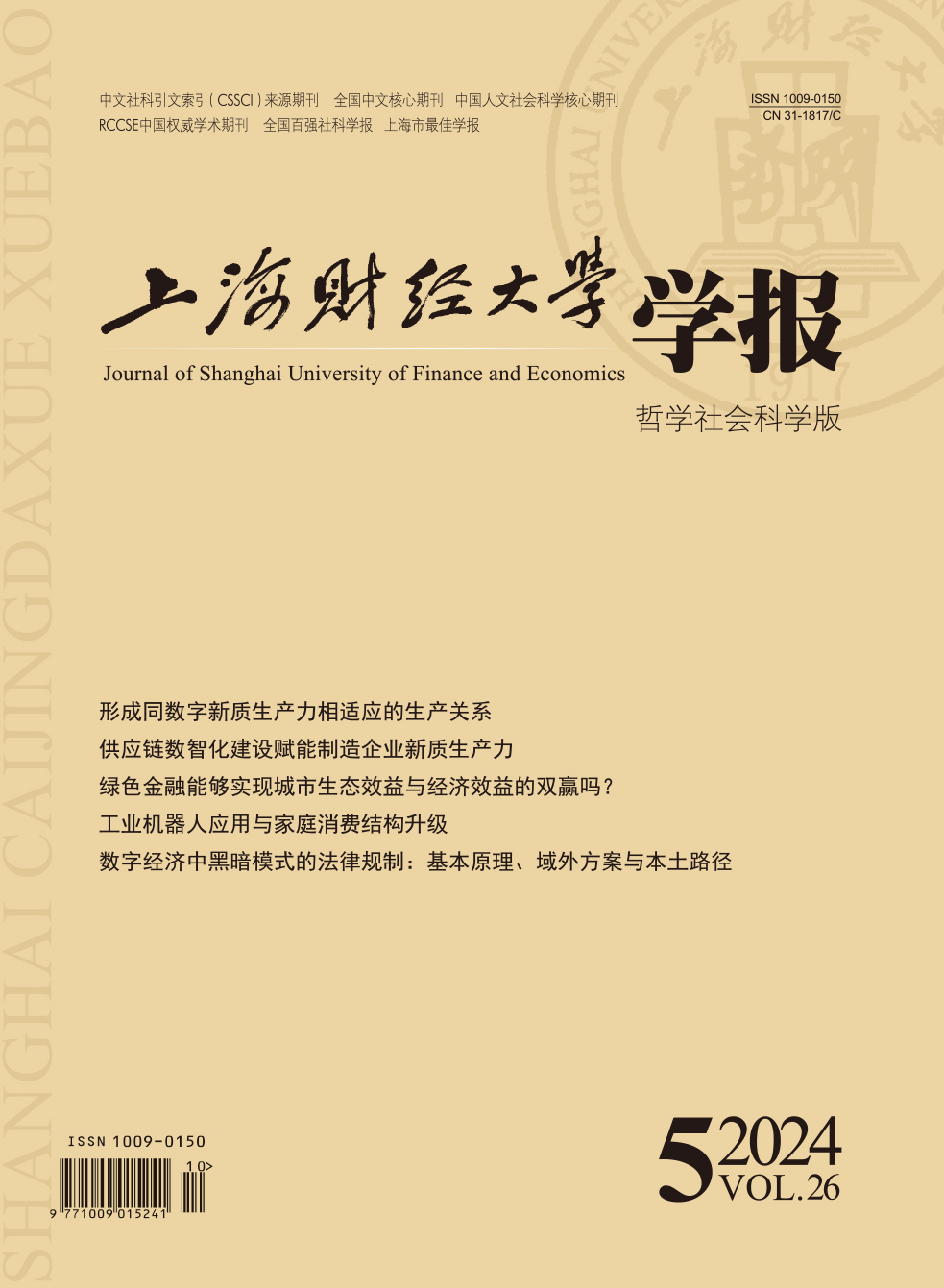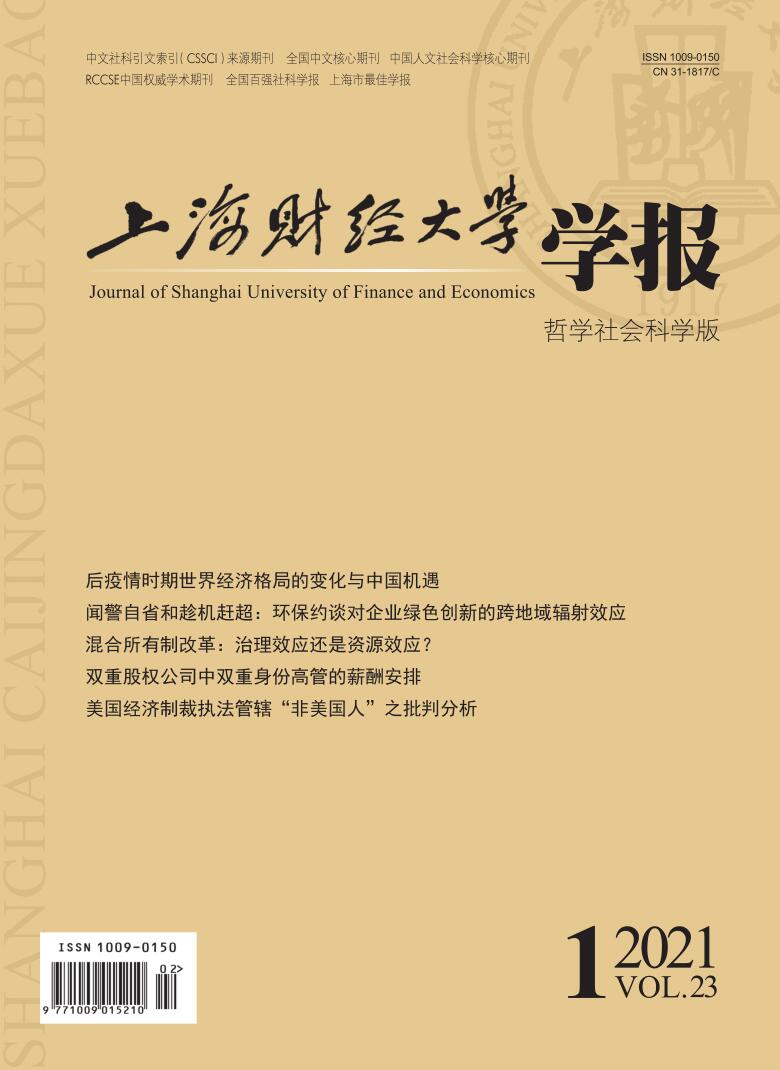The global economic recession caused by the new epidemic situation will lead to great changes in the world economic pattern in the post epidemic period: The economy of Western developed capitalist countries has been severely damaged, and the long-term economic trend of major developing countries is uncertain. China has basically entered the track of economic recovery. The huge blow to the world economic system caused by this epidemic is closely related to the endogenous contradiction of capitalist economy. In the perspective of Marx’s political economy, economic crisis is an inherent phenomenon that capitalism cannot overcome. After the 1970s, under the baptism of new liberalism, economic globalization, financialization and other economic development trends, the inherent contradictions of capitalism were further intensified. After the outbreak of the COVID-19 epidemic, which was a devastating exogenous impact, the major Western capitalist countries quickly fell into economic recession. In order to deal with the epidemic crisis, most Western developed capitalist countries have adopted expansionary fiscal and monetary policies, trying to restore market confidence and revive the economy through economic stimulus policies. This will have the following impact on the capitalist economy in the post epidemic period: The transition from Neo liberalism to regulatory capitalism, and the reshaping of the traditional pattern of economic globalization. The impact of the epidemic will not disappear in a short period, and countries that are not in a good position to deal with the epidemic situation may fall into a long-term economic recession. The epidemic is directly related to the economic recession, but not necessarily. Under the same impact of the epidemic, China can quickly control the epidemic by virtue of the superiority of the socialist system, and become the only major economy recovering at present. Marx’s theory of economic crisis can give a scientific explanation. In the post epidemic period, with the further exertion of the advantages of China’s socialist system, the recovery of the world economy will depend on China’s economy, which will bring new development opportunities to China: The continuously optimized business environment is conducive to absorbing more international risk aversion funds, the increasing economic anti-risk ability in the post epidemic period will boost China’s industrial upgrading, domestic consumption recovery ushers in bright development prospects, and digital economy will become a new economic growth point. In order to grasp these opportunities, China should take the following measures: Build a stable and orderly new financial format, ensure the stability of the industrial chain, strengthen the key technologies related to digital economy, stimulate supply side and demand side jointly to help the recovery of consumption, take multiple measures to maintain the stability of employment, and actively participate in the construction of a more effective global governance system.
 / Journals / Journal of Shanghai University of Finance and Economics
/ Journals / Journal of Shanghai University of Finance and EconomicsJournal of Shanghai University of Finance and Economics
LiuYuanchun, Editor-in-Chief
ZhengChunrong, Vice Executive Editor-in-Chief
GuoChanglin YanJinqiang WangWenbin WuWenfang, Vice Editor-in-Chief
Changes of World Economic Pattern and New Development Opportunities for China in the Post Epidemic Period: From the Perspective of Marx’s Economic Crisis Theory
Journal of Shanghai University of Finance and Economics Vol. 23, Issue 01, pp. 3 - 14 (2021) DOI:10.16538/j.cnki.jsufe.2021.01.001
Summary
References
Summary
Cite this article
Yang Xiaoyong, Wu Yuxuan. Changes of World Economic Pattern and New Development Opportunities for China in the Post Epidemic Period: From the Perspective of Marx’s Economic Crisis Theory[J]. Journal of Shanghai University of Finance and Economics, 2021, 23(1): 3-14.
Export Citations as:
For
ISSUE COVER
RELATED ARTICLES




 4230
4230  10310
10310

